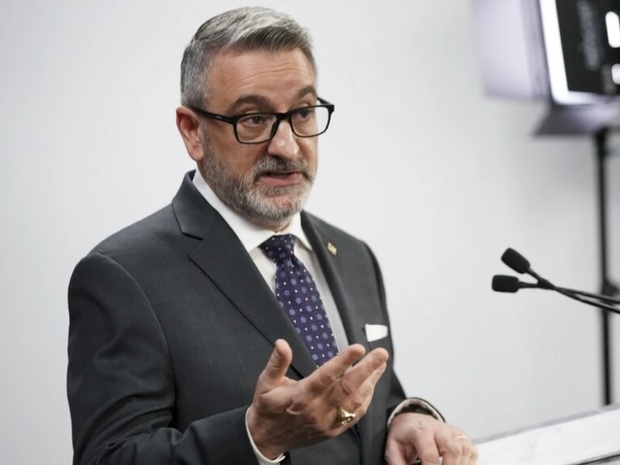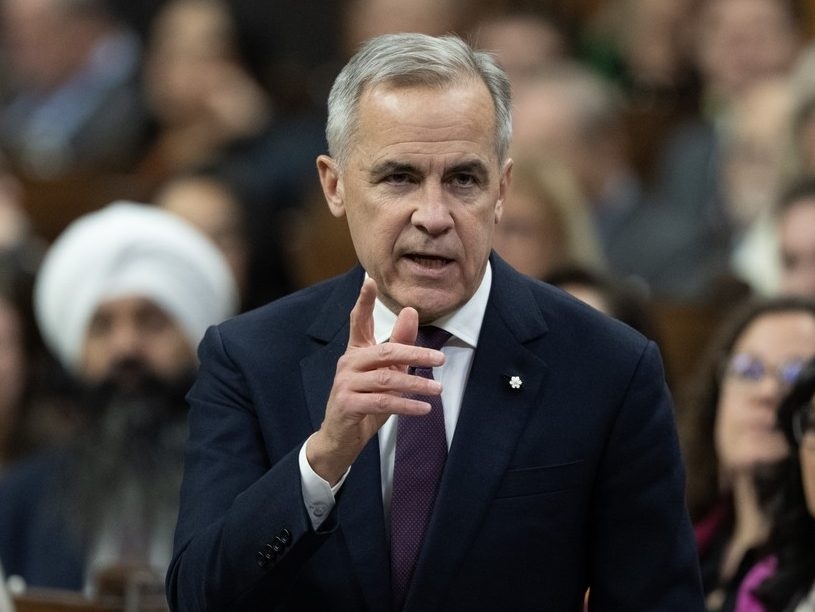A sweeping shift in power is underway in Ontario’s education system, as the Education Minister prepares to exert unprecedented control over school boards. The move follows the passage of a new bill granting the minister expanded authority to intervene, even taking over boards deemed dysfunctional.
The Near North District School Board is squarely in the government’s sights. A recent review revealed deep-seated issues within the board, including a breakdown in trust between administrators and trustees, and questionable practices surrounding the director of education’s performance evaluation.
The report highlighted a particularly troubling example: students learning in a partially demolished high school due to prolonged delays in a new school’s construction. The minister has already issued directives to the board, warning that direct control will be implemented if these demands aren’t met.

This isn’t an isolated incident. The minister has already appointed supervisors to five other school boards, citing mismanagement. The new legislation broadens the grounds for intervention, extending beyond financial concerns to encompass matters of “public interest.”
The possibility of eliminating the role of elected trustees altogether is also on the table, with a decision expected by year’s end. While French and Catholic school boards would retain some trustee authority due to constitutional protections, the future of local governance in public education hangs in the balance.
Critics are fiercely opposing the bill, labeling it an attack on democratic principles. They argue that removing elected trustees silences the voices of local communities and undermines the very foundation of public education.
The Ontario Public School Boards’ Association insists that trustees are essential for ensuring schools reflect the unique needs of each community. Losing that local input, they contend, will ultimately harm students.
Opposition leaders point to chronic underfunding as the root cause of the problems plaguing Ontario schools. They accuse the government of creating the current crisis and now attempting to seize control under the guise of a solution.
Adding another layer of controversy, the new bill mandates that school boards implement a school resource officer program if offered by the local police service. This requirement has sparked concerns from advocates who believe increased police presence can be detrimental to students, particularly those from marginalized communities.
Groups like Policing-Free Schools argue that focusing on policing is a misguided approach to school safety and academic achievement. They emphasize the importance of building positive relationships and addressing the underlying issues that contribute to challenges within schools.
The debate underscores a fundamental question: who should be responsible for shaping the future of Ontario’s education system – locally elected representatives or the provincial government?





